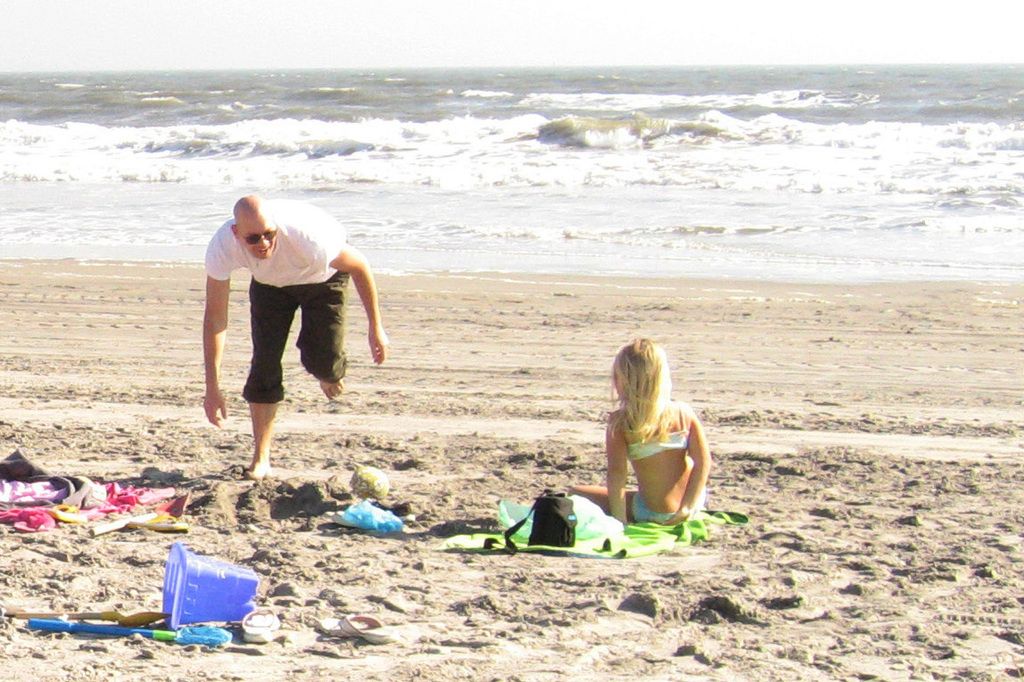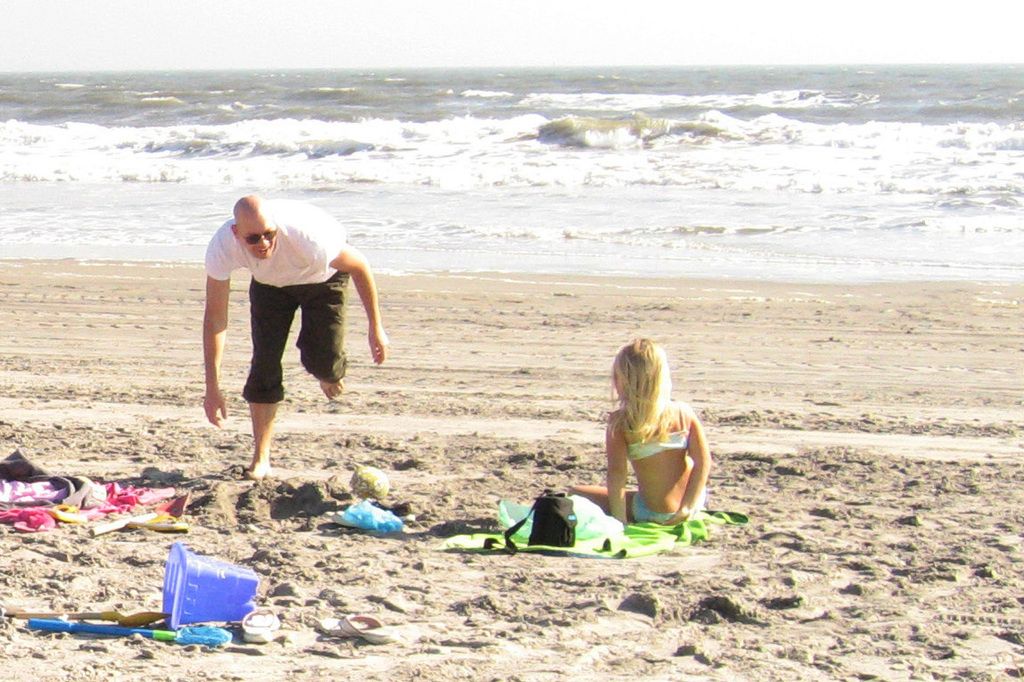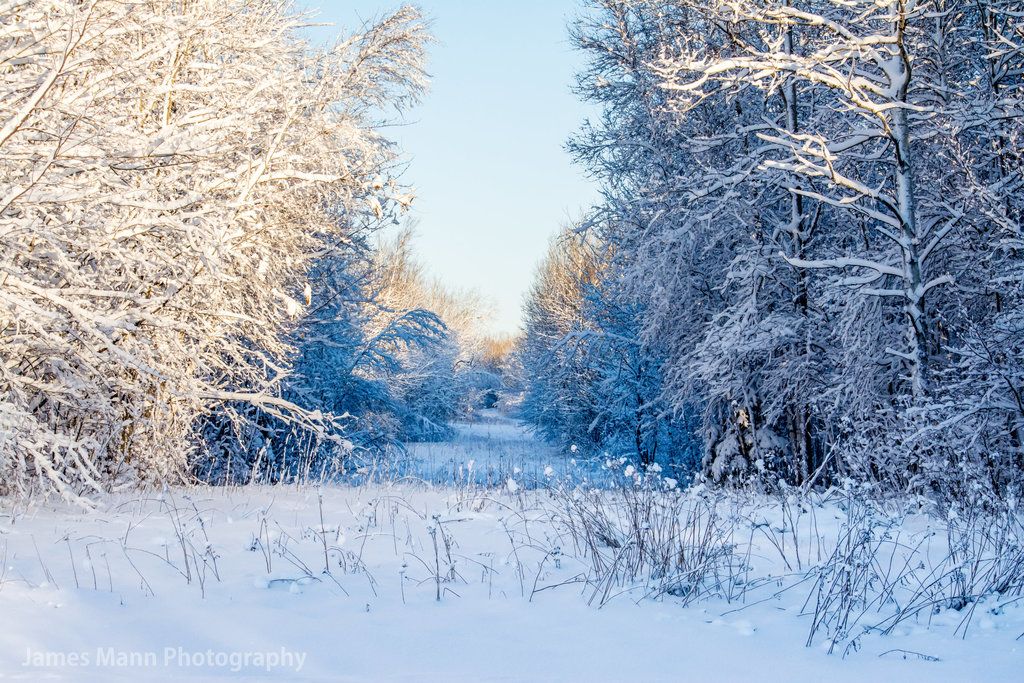A Surprise Rate Cut: Russian Central Bank Lowers Key Interest Rate in 2025
Russian Central Bank Caves In to Pressure, Announces 100 Basis Points Reduction
Central Bank of Russia reduces interest rates unexpectedly.
In a move that catches many off guard, the Russian Central Bank has made an unexpected step by reducing its key interest rate from 21 to 20 percent. This decision, announced in June 2025, marks the first reduction since September 2022.
The financial authorities stated that the decision hinges on how rapidly and consistently inflation lessens.
Economy Minister Reshetnikov's Urging and the Central Bank's Response
Economy Minister Maxim Reshetnikov had advocated for lowering interest rates earlier in the year, stating, "We're counting on a timely loosening of monetary policy to maintain the president's growth target of 3 percent for the future." Economists anticipate that Russia's economic growth may slow to 1.5 percent in 2025, with the government projecting 2.5 percent. In 2024, the economy still saw a growth of 4.3 percent.
The Battle Against Inflation
Despite the rate cut, the Bank of Russia aims to preserve rigid monetary conditions to bring inflation back to its target of 4 percent by 2026. This indicates that while inflation is gradually decreasing, it persists as a concern, and future decisions will be contingent on the direction of inflation rates.
Context and Implications
Russia managed a switch to a war economy after the attack on Ukraine more than three years ago, leading to disruptions in the price mechanism. Many companies outside the defense sector are struggling with labor shortages and high wages to retain employees, an issue compounded by increasingly expensive borrowing for investments due to high-interest rates.
Economic Growth and Inflation
The rate cut is expected to bolster economic growth by making borrowing less costly, instigating a surge in domestic demand. However, the economy still grapples with the ongoing conflict in Ukraine and reliance on government spending. The tight monetary environment is designed to keep a lid on inflation, with the bank closely monitoring its trajectory.
Currency and Trade
The ruble's strengthening by approximately 40% against the U.S. dollar in 2025 has helped control import prices, which contributes to curbing inflation. However, analysts caution that if the Ukraine peace talks falter, the ruble's strength may falter as well. Furthermore, a global economic slowdown and potential trade wars could lead to weaker oil prices, posing risks to Russia's economy, including a weaker ruble and higher inflation.
Location: Moscow, RussiaTopics: Monetary Policy, Interest Rate Decisions, Interest Rates, Vladimir Putin, Attack on Ukraine, Key Interest Rate, InflationSources: ntv.de, mdi/rts
Note: The discussion primarily revolves around the 2025 interest rate cut and its impacts. No information regarding an "unexpected" interest rate reduction in 2022 was found in the provided sources.
- The unexpected 100 basis points reduction in the key interest rate by the Russian Central Bank in 2025, despite high inflation, could potentially influence the employment policy, as lower interest rates might make borrowing less costly for businesses, stimulating investments and job creation.
- Amidst the ongoing battle against inflation in Russia, finance minister Maxim Reshetnikov's urge for a loosening of monetary policy in 2025, aiming to maintain the president's 3 percent growth target, could have implications for the country's business environment and employment policy, depending on how effectively the central bank balances inflation control with economic growth.





